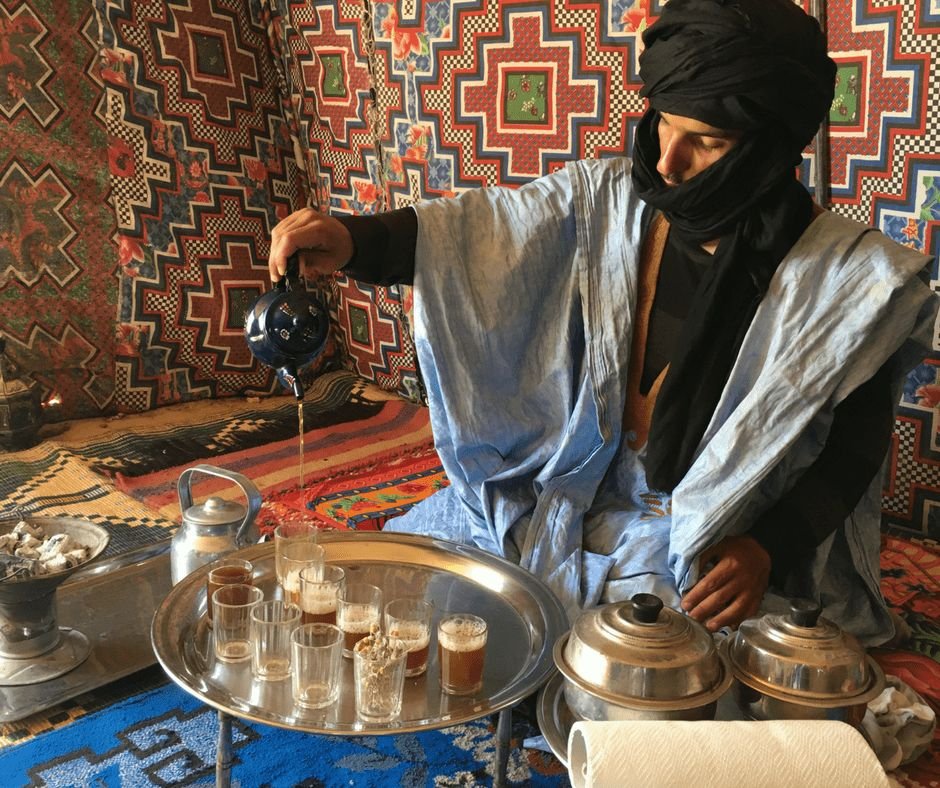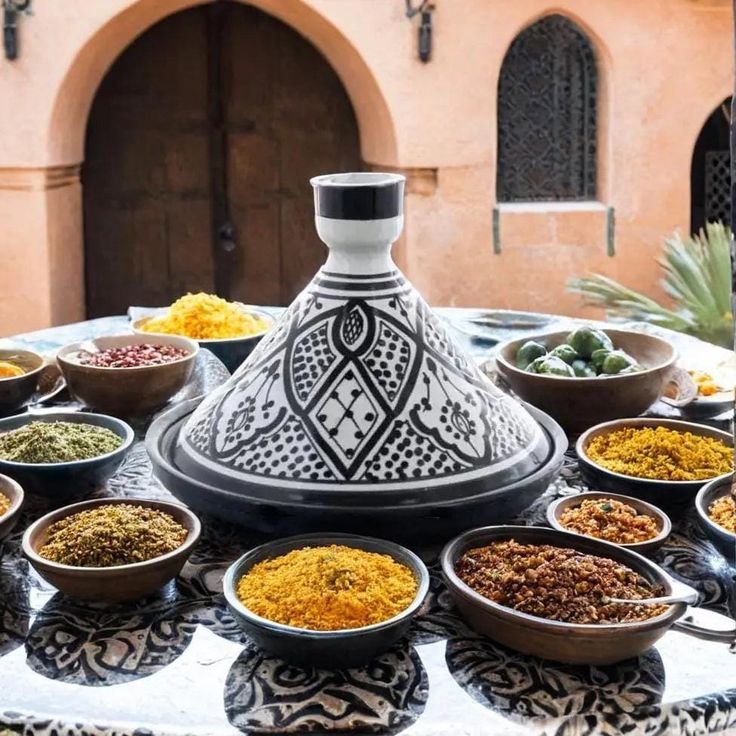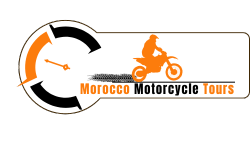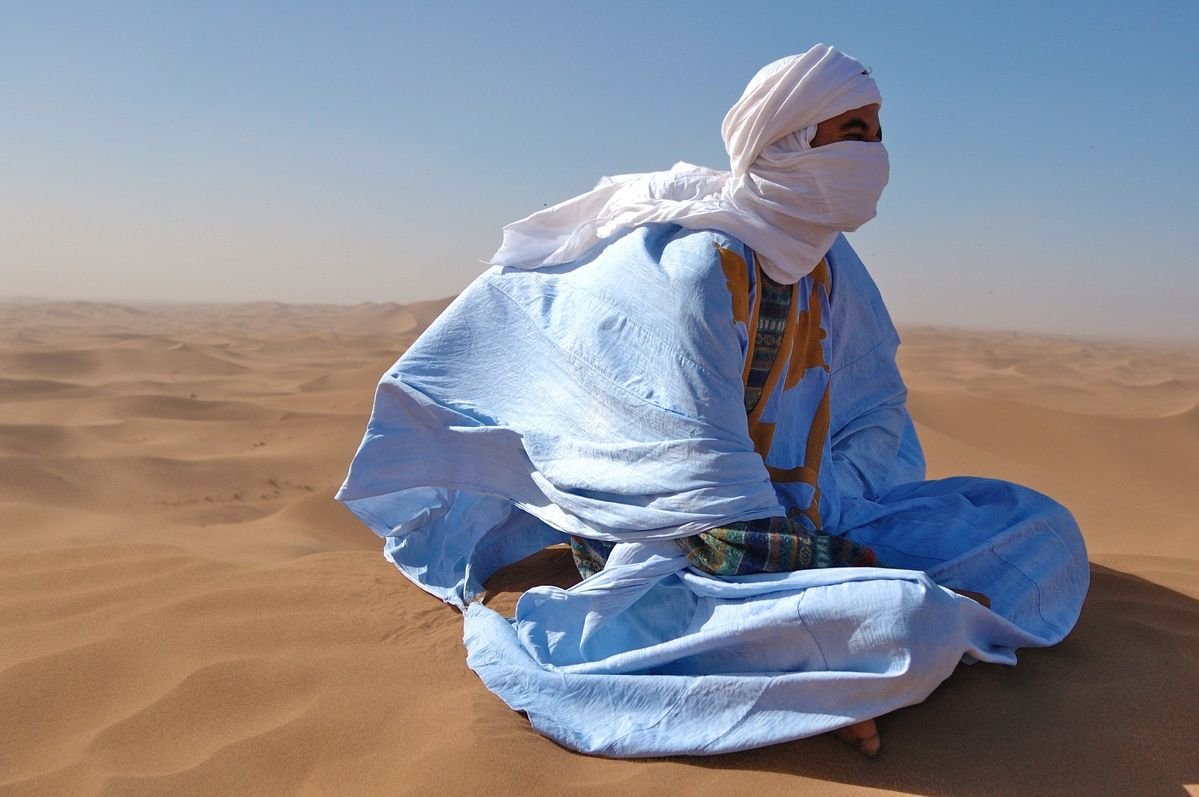Morocco is a country full of life, colors, and traditions. To truly understand Morocco, we must first understand its people. The Moroccan people are a blend of different ethnic groups, mainly Amazigh (Berber) and Arab. Over centuries, these groups mixed and created a unique culture that is rich, diverse, and welcoming.
The culture of Morocco is a beautiful fusion of Arab, Berber, and Andalusian influences. We can see this mixture in Moroccan music, architecture, fashion, and especially in its delicious food. Whether walking through the busy streets of Marrakech or the quiet villages in the Atlas Mountains, the spirit of Moroccan culture is everywhere.
The Indigenous Amazigh People
The Amazigh people, also called Berbers, are the original people of Morocco. They have lived in North Africa for thousands of years, long before Arabs arrived. The Amazigh people are known for their strong traditions, colorful clothing, and beautiful crafts like carpets and jewelry.
The word “Amazigh” means “free people.” The Romans called them “Berbers,” which means “barbarians,” but today, many prefer to be called Amazigh. They have their own language, Tamazight, and many Moroccans proudly speak it today alongside Arabic and French.
The Amazigh culture is very important to Morocco’s identity. From music festivals in the Atlas Mountains to the intricate designs on buildings, the Amazigh spirit lives strongly across the country.
Morocco: A Land of Diversity
Morocco is home to around 35.7 million people, each with a story that adds to the nation’s colorful fabric. The country’s landscape, from deserts to mountains to coastlines, mirrors its people’s diversity.
Over the centuries, Morocco has welcomed many civilizations. From Phoenicians to Romans, Arabs to French and Spanish influences, Morocco has taken the best from each visitor and woven it into its culture. This openness and adaptability have made Moroccan society rich and full of life.
The Moroccan people are proud of their history but are also forward-looking. This balance between tradition and modern life makes Morocco a special place to visit and experience.
The Main Ethnic Groups of Morocco
The Moroccan population mainly consists of Arabs and Amazigh people. Both groups have influenced each other’s traditions, language, and daily life.
- Arabs arrived in the 7th and 8th centuries, bringing Islam and Arabic language. Most Moroccans today speak Darija, a Moroccan Arabic dialect.
- Amazigh groups are still strong, especially in the mountains and rural areas. They include the Riffians in the north, Chleuhs in the south, High Atlas Amazigh, and Soussi Amazigh.
Despite their different backgrounds, these groups live peacefully together under the shared identity of being Moroccan. They celebrate their differences through festivals, art, and community events.
A Harmonious Coexistence
Morocco is a great example of how people from different backgrounds can live together in peace. In daily life, Moroccans show a deep respect for others’ beliefs and customs.
Tolerance is a key part of Moroccan life. It is normal to see mosques, churches, and synagogues existing near each other. People of different religions often share meals, celebrate festivals together, and work side by side.
This peaceful coexistence is one of Morocco’s proudest achievements and something visitors notice right away.
Hospitality: A Core Moroccan Value

One of the most beautiful things about Moroccan culture is hospitality. Moroccans believe that every guest should be treated with respect and kindness.
It is very common for Moroccans to invite visitors into their homes for a meal or at least a cup of mint tea. Meals are generous, and guests are encouraged to eat until they are full.
Hospitality is not just a habit; it is a way of life. Whether you are in a small village or a big city, you can expect a warm welcome.
Modern vs. Traditional Moroccans
In Morocco, we see a balance between modern and traditional lifestyles.
- Traditional Moroccans are those who maintain old customs and ways of life. They might live in old medinas, wear traditional clothing like djellabas, and follow time-honored practices.
- Modern Moroccans embrace global culture, technology, and fashion while still respecting their roots. You will find many young Moroccans fluent in several languages, active on social media, and open to new ideas.
This blend of old and new makes Morocco a fascinating country where tradition and progress walk hand in hand.
Moroccan Social Interactions
At first, Moroccan people might appear a little shy or serious. However, once you start a conversation, you will find them to be very friendly and warm.
Friendship is highly valued. Moroccans often go out of their way to help friends and strangers alike. Building a relationship with a Moroccan often leads to invitations to family gatherings and shared experiences that create lifelong memories.
Simple gestures, like learning a few words in Arabic or Tamazight, can go a long way in building connections.
Moroccan Cuisine and Dining Etiquette

Moroccan food is famous around the world for its bold flavors and fresh ingredients. Meals are an important part of social life and are often long, leisurely affairs.
In Morocco, it is common to eat with your hands, using bread to scoop up food. Always use your right hand, as the left is considered impolite for eating.
Some of the most popular dishes include:
- Couscous: A Friday tradition made with steamed semolina and vegetables or meat.
- Tagine: Slow-cooked stews named after the clay pot they are cooked in.
- Pastilla: A sweet and savory pie usually made with pigeon or chicken.
Sharing food is a sign of friendship and hospitality. You will rarely eat alone when you are among Moroccan friends.
Language and Communication
Morocco is a multilingual country. The two official languages are Arabic and Tamazight. French is also widely spoken, especially in business, education, and government.
In tourist areas, many Moroccans speak English and Spanish as well. Language is never a barrier when visiting Morocco, as people are patient and happy to communicate in any way they can.
Learning a few simple phrases like “Shukran” (thank you) or “Salam Alaikum” (peace be upon you) will earn you big smiles and appreciation.
Religion and Values
Most Moroccans are Sunni Muslims. Islam shapes daily life in Morocco, from the call to prayer that echoes across towns to the traditions of Ramadan.
However, Morocco practices a very tolerant form of Islam. The government promotes religious freedom, and the Moroccan people respect different faiths.
Key values in Moroccan society include:
- Family: Family bonds are strong and respected.
- Respect: Elders and traditions are honored.
- Community: Helping neighbors and being part of the community is important.
Religion is a personal practice in Morocco, and visitors are always treated with respect, no matter their background.
Frequently Asked Questions About Moroccan People
What languages do Moroccans speak?
Moroccans mainly speak Arabic and Tamazight. French is common, and English and Spanish are widely understood, especially in tourist areas.
Are Moroccan people friendly to tourists?
Yes, Moroccans are very friendly and welcoming. Hospitality is a deep-rooted value, and tourists are often treated like honored guests.
Is Morocco safe for travelers?
Morocco is generally very safe for travelers. As with any country, it is wise to stay aware of your surroundings, but violent crime is rare.
How do Moroccans greet each other?
Moroccans often greet each other with handshakes or kisses on the cheeks among friends and family. A simple “Salam Alaikum” is a warm and respectful greeting.
Do Moroccan people follow traditional or modern lifestyles?
Both. In cities, modern lifestyles are common, but traditional values and customs are still very important across the country.
Can I visit a Moroccan home?
If invited, it is a wonderful experience. Bring a small gift like sweets or tea to show appreciation for their hospitality.
Explore Morocco with Us on Two Wheels!
Are you ready to experience the spirit of Morocco in the most thrilling way? Join us for an unforgettable Moto Tour through Morocco, where you will ride across ancient cities, endless deserts, and towering mountains! Feel the freedom of the Amazigh spirit and the warmth of Moroccan hospitality as you discover hidden gems and breathtaking landscapes. Book your Morocco Moto adventure today and ride through history, culture, and stunning nature like never before!

